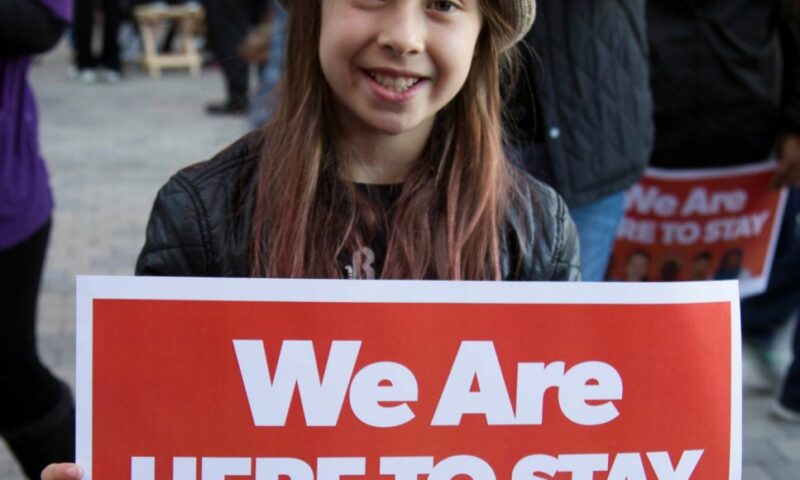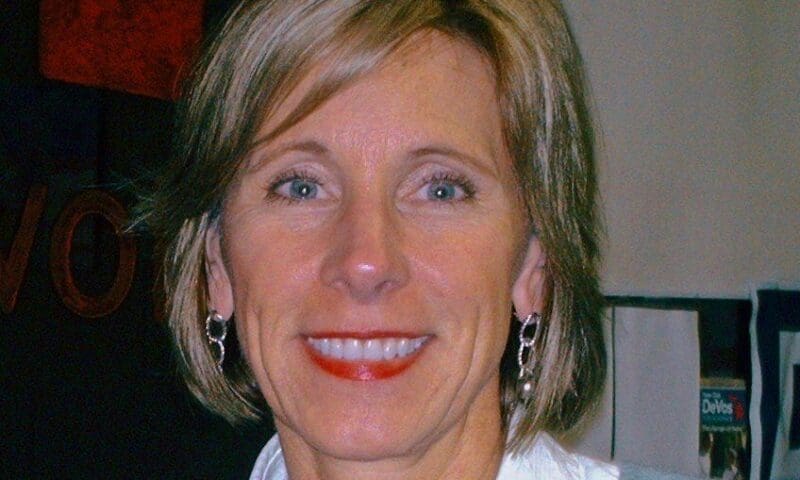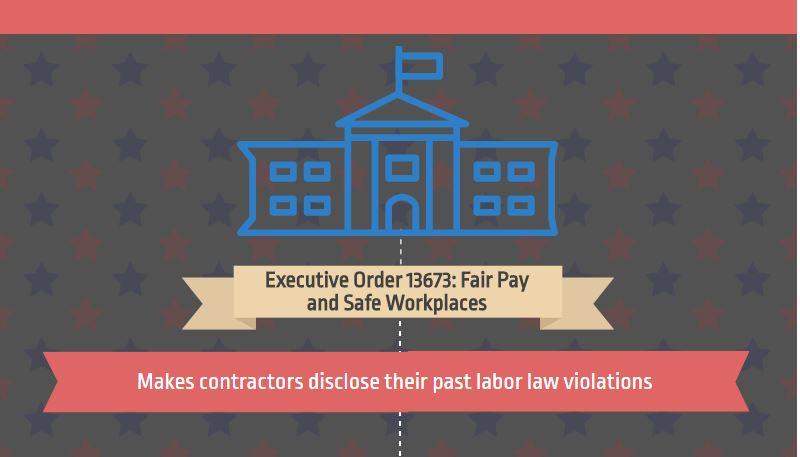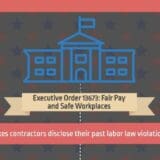

Over the next four years these California leaders will be in the forefront of opposing the Trump administration on immigration, the environment, labor rights and other issues.


More than any other place, California is well positioned to push back against the agenda of the incoming president. In this special series, Capital & Main examines why and how the Golden State will both lead the resistance to Donald Trump and continue to advance progressive ideas and policies.


Betsy DeVos, Donald Trump’s pick to run the Department of Education, certainly has an opinion. Despite never having taught in, managed, or attended a public school, DeVos believes that public school children should be in private hands.


Ceremonies honoring the birth of Dr. Martin Luther King Jr. began over the past weekend and culminate today. Below are three California cities that will feature extensive events.


One phrase describes how many people feel about this next chapter of the American experiment in self-rule: We fear the worst.


If you’re interested in cultivating mindfulness, equanimity and loving-kindness, see Jim Jarmusch’s new film, Paterson. The movie is about a bus driver in Paterson, New Jersey.


President-elect Donald Trump hasn’t yet sworn his oath of office, but his announced policies have already thrown a Los Angeles County Board of Supervisors meeting into pandemonium. BY LEIGHTON WOODHOUSE


These five important executive orders affecting federal contractors were issued by President Obama — will they survive a Trump administration? BY BOBBI MURRAY


She stood ramrod straight with curled gray hair, tasteful clothes and a dignified demeanor. Her look, combined with her sharp mind and renown as an American historian, could be intimidating. But Joyce Appleby, who died December 23 at the age of 87, was “always kind, always respectful.”


Candidate Donald Trump promised to “drain the swamp,” but as President-elect Trump he’s already flooding it with more of the same.